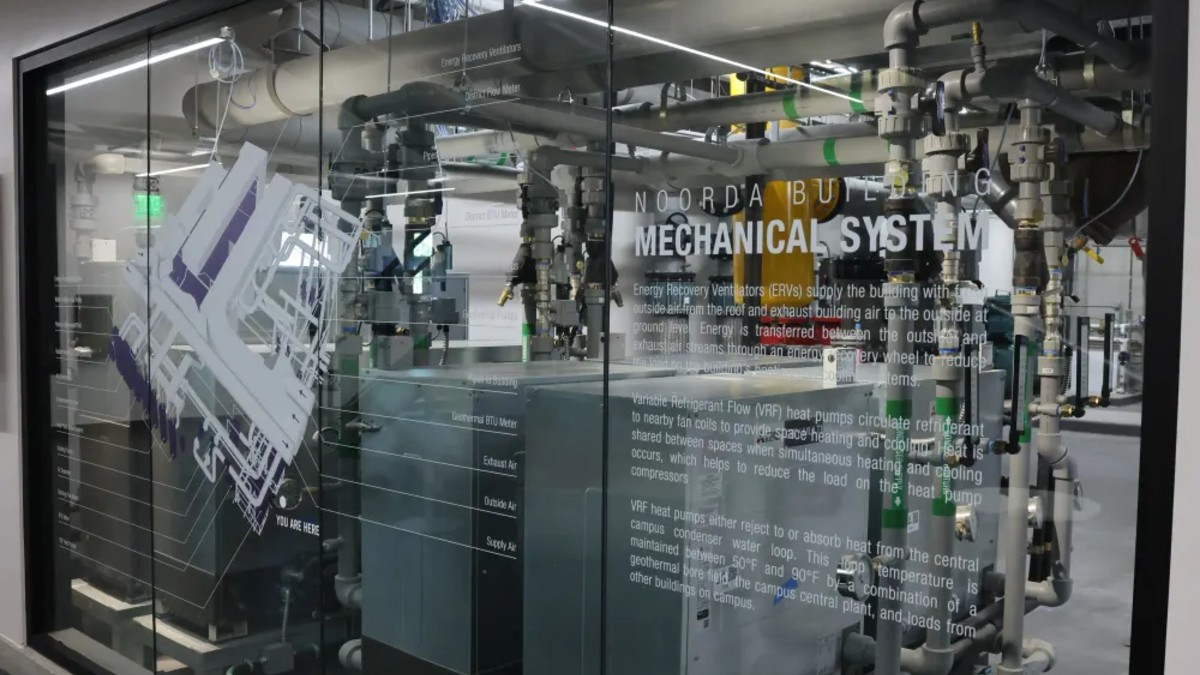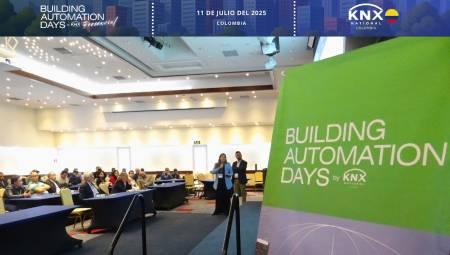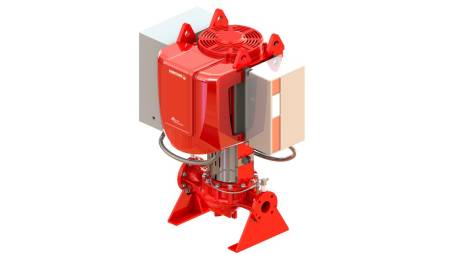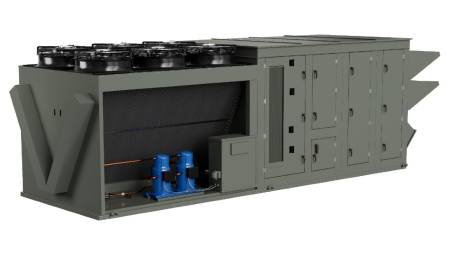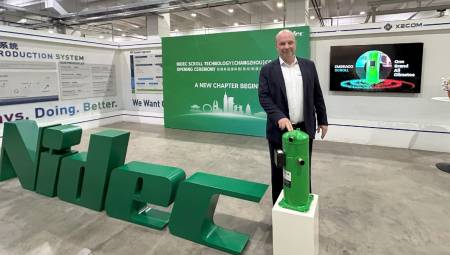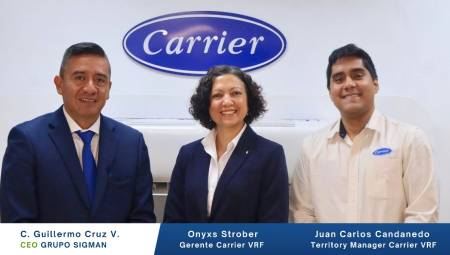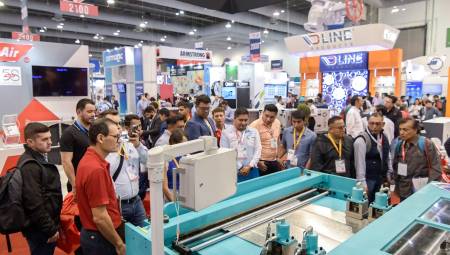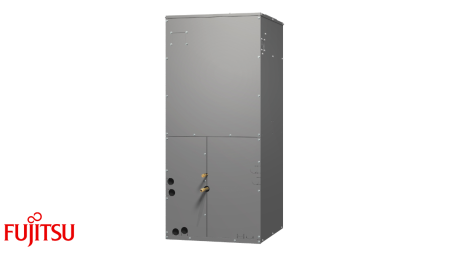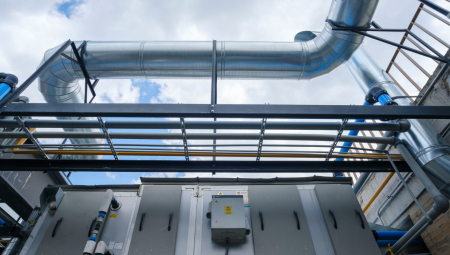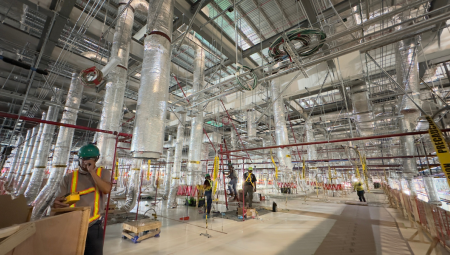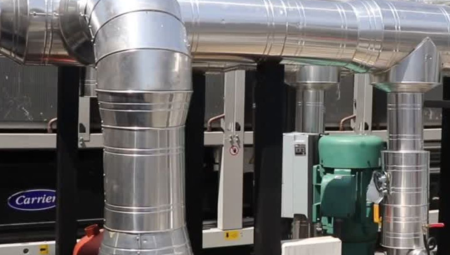United States. Mitsubishi Electric Trane HVAC US LLC (METUS) shared a success story in energy efficiency implemented by Weber State University, an institution committed to environmental sustainability. The university is using all-climate heat pumps in its buildings with the goal of reaching carbon neutrality by 2040.
Among the highlights, Weber State has installed a ductless, water-source Mitsubishi Electric Hybrid VRF™ heat pump system in the SkySuites building, which houses athletic department offices, coaches, press rooms, 26 suites, 150 club seats and a study area for student-athletes. Likewise, a ductless, water-source VRF solution with a water fountain was also implemented in the Noorda Engineering building.
Efficient and customized technology
The adoption of these systems has significantly improved thermal comfort on campus and reduced energy costs.
- Publicidad -"Replacing our conventional HVAC systems has improved comfort for students, faculty and other staff, and significantly reduced our energy costs," said Justin Owen, Interim Director of Operations at Weber State University. "We are now exclusively installing Mitsubishi Electric all-climate heat pump solutions throughout the campus for their performance, functionality, easy-to-use thermostats and warranties."
One of the key benefits of VRF and Hybrid VRF technology, according to the university, is zoning, which allows for personalized control of thermal comfort in each space thanks to the installation of individual thermostats. This translates into greater efficiency and satisfaction among users.
In addition, the Hybrid VRF system offers flexibility when combined with a variety of indoor units, such as ceiling cassettes and wall-mounted units, to suit the varying architectural needs of campus buildings.
Transition to a more sustainable campus
Traditionally, Weber State buildings were heated with chilled water from a central plant and heated by steam, less efficient methods compared to modern solutions. Today, about half of the campus' HVAC systems are all-electric, and plans are already underway to convert the entire university to Mitsubishi Electric's Hybrid VRF system, which uses water instead of refrigerant in indoor spaces.
"Weber State University's use of next-generation, all-climate heat pump technology makes it an ideal example for other universities looking to future-proof their buildings," said David Archer, vice president of commercial business at Mitsubishi Electric Trane HVAC US LLC. "Mitsubishi Electric's VRF and Hybrid VRF systems are not only energy efficient, but they also allow university facility operators to customize and enhance comfort for faculty, staff, students, and visitors across campus."
In addition to leveraging heat pump technology for its own operational purposes, the university also uses these systems as educational tools. In the Noorda Engineering building, much of the VRF system is displayed and labeled, allowing students of electrical, mechanical, and energy engineering majors to learn about how it works in a hands-on way.
This comprehensive approach makes Weber State University a benchmark in sustainability, educational innovation and energy efficiency in the university environment.


